What it takes to assume this essential role at the heart of pharmaceutical manufacturing
The elaborate nature of modern supply chains need a skilled person in charge of oversight. In the European pharmaceutical industry, this responsibility falls on a Qualified Person (QP). A QP will oversee the quality control systems at every stage of the manufacturing process of a drug – from how the active ingredients and excipients are made and shipped to the site, through to the packaging up of the final product.
It’s a big job, explains Alex Hall, a consultant senior Qualified Person (QP) and trainer for RSSL. ‘Medicines manufacture today is really complicated, because we’ve got a worldwide supply chain,’ she says. ‘The active ingredient might be made in China, the tablets in India, and then they’re brought to the UK for packaging into different packages for different markets. The QP has to have oversight of all of that, to make sure that each and every batch meets the requirements set down in each product licence.’
So how do you become a QP, and what can it do for your career?
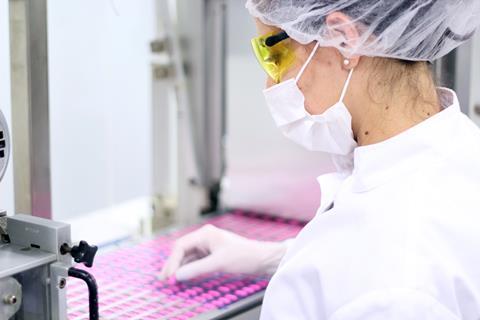
Who and how
European Union legislation dictates that a QP must have an undergraduate degree in pharmacy, chemistry or biology, and some practical experience in the testing, checking and quality assurance of medicines. ‘Lots of people come from an analytical chemistry or microbiological lab background,’ says Hall. ‘We also have people come in from a quality assurance or manufacturing site background.’
‘Having the QP status has definitely got my foot in the door’
Nina Dosanjh
In the UK, people who apply for QP status tend to already have at least five years of industry experience. Before training as a QP, Hall first worked in chemical and microbiological testing and then as a compliance officer for Roche Pharmaceuticals. Nina Dosanjh, a recently-qualified consultant QP, started her career as a development chemist for a couple of pharmaceutical companies before switching to a quality control role and most recently quality assurance secondments.
Both Hall and Dosanjh have undergraduate degrees in chemistry and are members of the Royal Society of Chemistry (RSC). To apply to become a QP, applicants must be members of the RSC, Royal Society of Biology or Royal Pharmaceutical Society. The three professional bodies work together to award QP status.
Prospective QPs are provided with an extensive list of the areas that they are expected to have knowledge and experience in. This ranges from legal requirements and best practice in managing quality control systems to a basic understanding of medicinal chemistry. Applicants are assessed against this syllabus, known as the study guide, through a written application form and an oral examination.
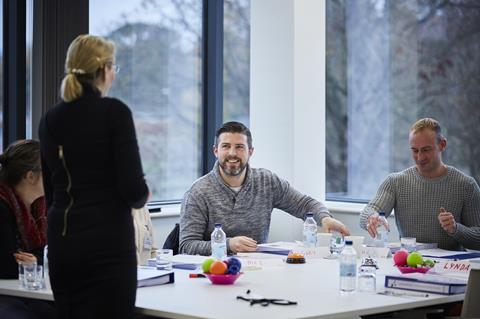
Because the role is so broad, many applicants choose to attend courses, such as those run by RSSL, to fill in gaps in their knowledge. ‘Course providers have set up modules to map against the study guide,’ explains Hall. Prospective QPs can pick and choose which of modules they attend.
‘There’s lots of self-study needed as well,’ Hall cautions. Dosanjh agrees: ‘The first weekend after I passed my exam, when I didn’t have to revise anymore, I wasn’t sure what I was going to do with my spare time!’
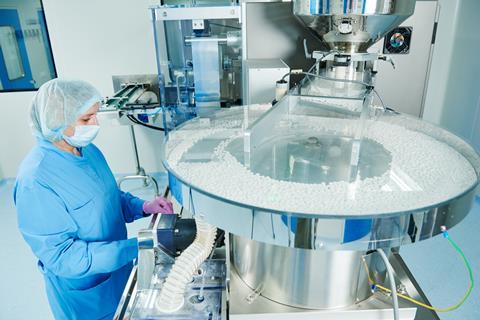
Although Dosanjh had already had a number of secondments in different aspects of quality assurance, she decided to take all the modules available during her QP training at RSSL. ‘I completed all my modules in two years,’ says Dosanjh. The application form and viva preparation took a further year. ‘In total, from start to end, it was about three years,’ she adds. That’s a typical timeframe, according to Hall – most people take two to four years.
Once a scientist has passed their viva, the final stage to becoming a nominated QP is to apply to the Medicines and Healthcare products Regulatory Agency (MHRA) to be named as the QP on the product licence for a particular drug at a particular manufacturing site. Dosanjh, who passed her viva in January 2019, is currently in the process of being put onto her first site licence.
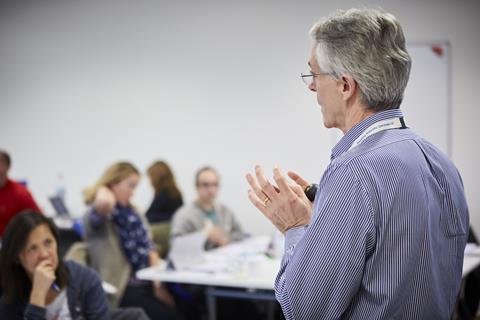
Opportunities abound
The typical role for a QP is to act as head of the quality assurance team, reviewing of batch records and the process of checking for deviations before certifying a batch can be sold. QPs also play a proactive role in designing processes and systems throughout the supply chain, ensuring risks are identified and removed before they can cause issues that would prevent the certification of a batch.
‘In this role you get to touch on every aspect of manufacturing and supply of medicines, you get to talk to lots of people within and outside the organisation,’ explains Hall. ‘There’s also the detective part to it. QPs get involved in lots of issue management and solving problems. It’s a meaty role.’

As a senior QP consultant, Hall is called in when companies need help. ‘I tend to go into companies who are struggling and help them resolve issues in their systems and processes. I’ll help them with their quality systems, with regulatory inspections, with training, with their management processes, all sorts of things like that.’ Another career option open to QPs is to become a specialist auditor, who travels around the world auditing manufacturing sites.
Becoming a qualified person with RSSL
Interested in becoming a Qualified Person with RSSL? Read more about their QP programme here, see testimonials from training alumni, or download the Becoming a Qualified Person brochure.
RSSL hold roadshows and events throughout the year, find your nearest roadshow here. You can view the complete 2019 training calendar here, or download the pdf below.
‘Some QPs don’t stay as QPs,’ Hall adds. ‘Becoming a QP gives you a set of skills that makes you able to move around your career options.’ Some move into senior management roles, while others go off into completely different careers with the transferable skills learnt as a QP, she says.
The most important skill learnt as QP, Hall concludes, is how to be a ‘swan’. ‘We are taught to deal with so many different types of situations that we always appear calm on the surface, but there’s a lot of paddling going on underneath!’
There is already a shortage of QPs in the UK, and is it suspected that Brexit may result in the need for more QPs within the UK. Consequently, there’s a lot of movement between positions – and high demand for those who have passed the course and viva. In late 2017, after completing all her course modules, Dosanjh was made redundant and became a consultant. So far have all of her assignments have been thanks to contacts she made during her QP training. ‘All my work has been through word of mouth,’ she says. ‘Because I had the QP training behind me, I have been able to get work completing activities to support QPs who were doing batch certification activities.’ Yet more doors have opened since January, she adds. ‘Having that qualification has given me even more options. For my next contract, having the QP status has definitely got my foot in the door.’
Downloads
RSSL Pharma training calendar 2019
PDF, Size 0.19 mbBecoming a qualified person
PDF, Size 2.74 mb

How biologics have changed the rules for pharma

The impact of the latest generation of drugs for the healthcare industry
- 1
- 2
- 3
 Currently
reading
Currently
reading
Why you should become a Qualified Person












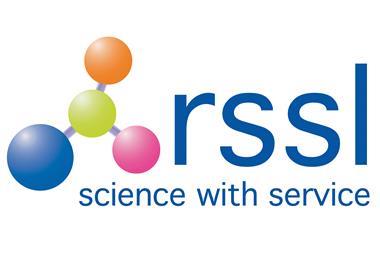
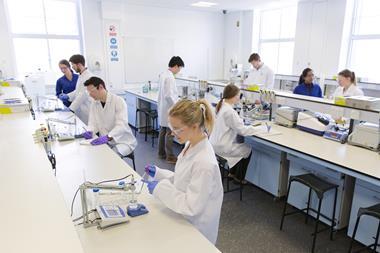

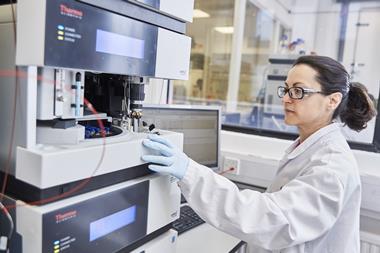
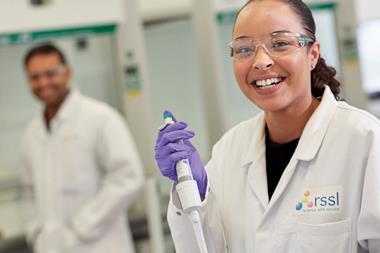
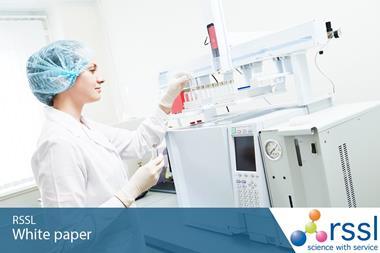






No comments yet